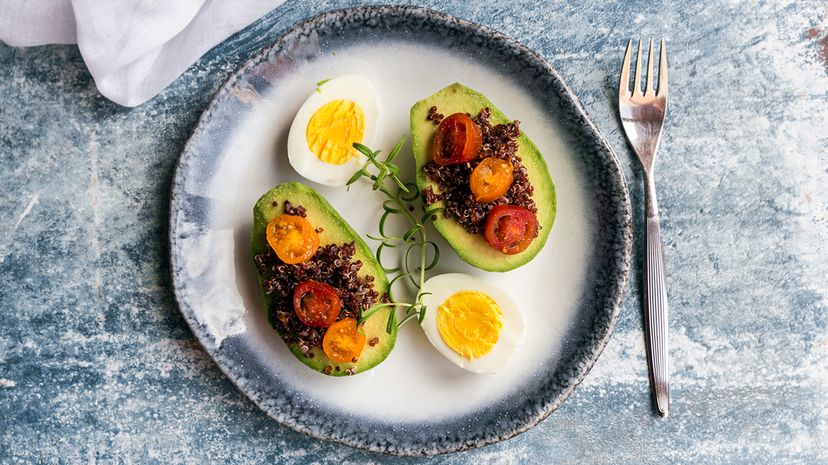Dr. Donald Hensrud, head of the Mayo Clinic Healthy Living Program, recently talked about micro and macronutrients in an edition of "Mayo Clinic Minute." "We need both macronutrients to help with energy, and we need micronutrients to help our body be healthy and digest those macronutrients," he said.
The World Health Organization has an even more colorful definition of micronutrients. "Called micronutrients because they are needed only in minuscule amounts, these substances are the 'magic wands' that enable the body to produce enzymes, hormones and other substances essential for proper growth and development."
What both of those definitions mean, essentially, is that micronutrients are the vitamins and minerals found in food, and as you can imagine, there are a ton that keep your brain and body in top shape. They typically fall into the following categories:
- Water-soluble vitamins: Vitamin C, B complex (biotin, folate, niacin, pantothenic acid, riboflavin/vitamin B2, thiamine/vitamin B1, vitamin B6/pyridoxine, and vitamin B12/cobalamin).
- Fat-soluble vitamins: Vitamins A (retinol), D (cholecalciferol and ergocalciferol), E (alpha-tocopherol), and K (phylloquinone and menaquinone).
- Essential trace minerals: Chromium, copper, iodine, iron, manganese, molybdenum, selenium, and zinc.
About 30 vitamins and minerals are considered "essential" — that means your body can't manufacture enough of them on its own, so you need to get them from food. And five micronutrients — vitamin B6, vitamin C, vitamin E, magnesium, and zinc — are important for keeping your immune system boosted, so it's a good idea to ensure your food choices are chock full of them.
And one last thing: There's no evidence popping over-the-counter micronutrient-heavy pills will keep that cold at bay. As Dr. Howard D. Sesso, associate professor of medicine at Harvard Medical School, told Harvard Health, "You should ideally try to meet your vitamin and mineral needs through your diet rather than supplements." So eat up — just make sure you're eating the right stuff.


